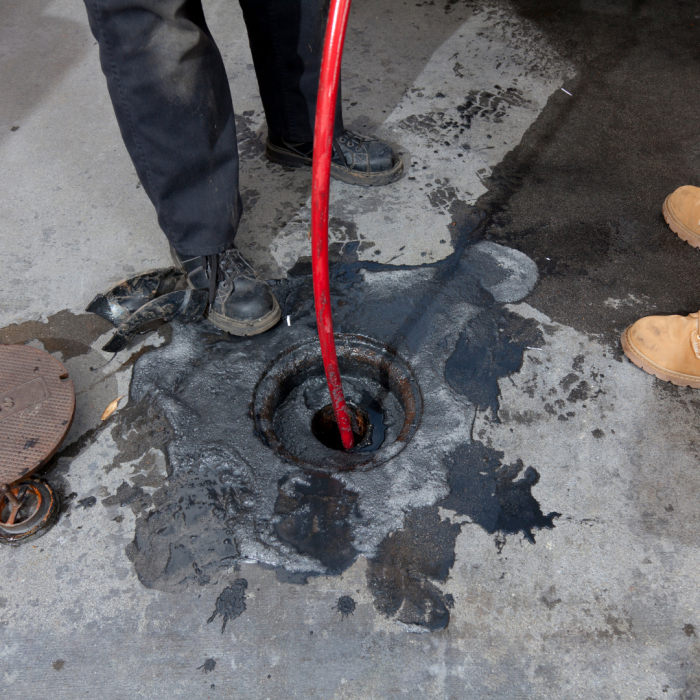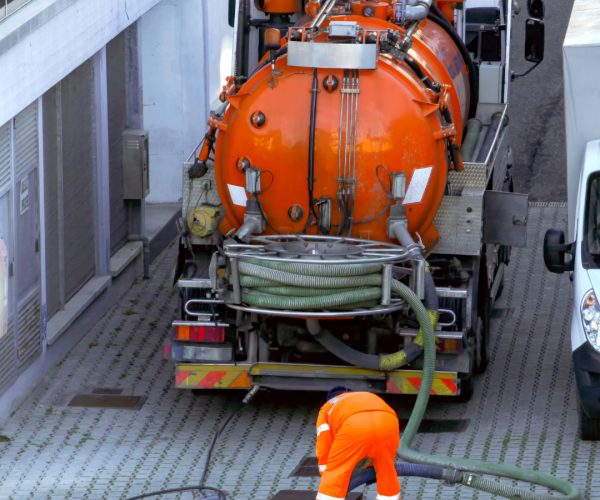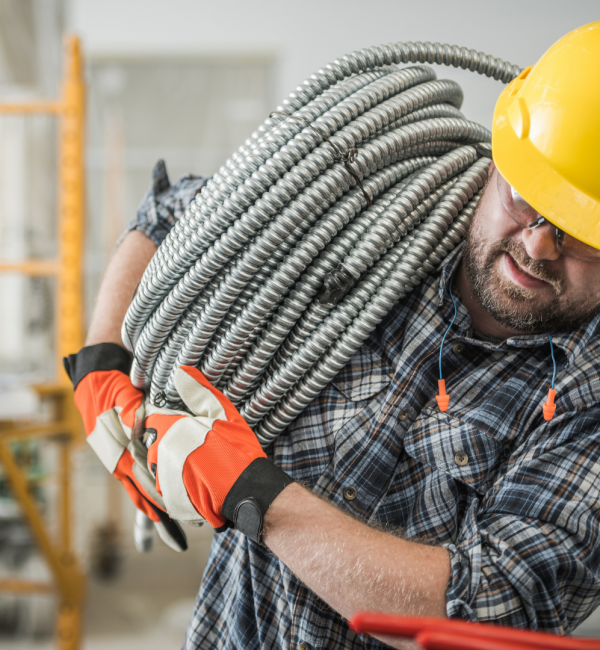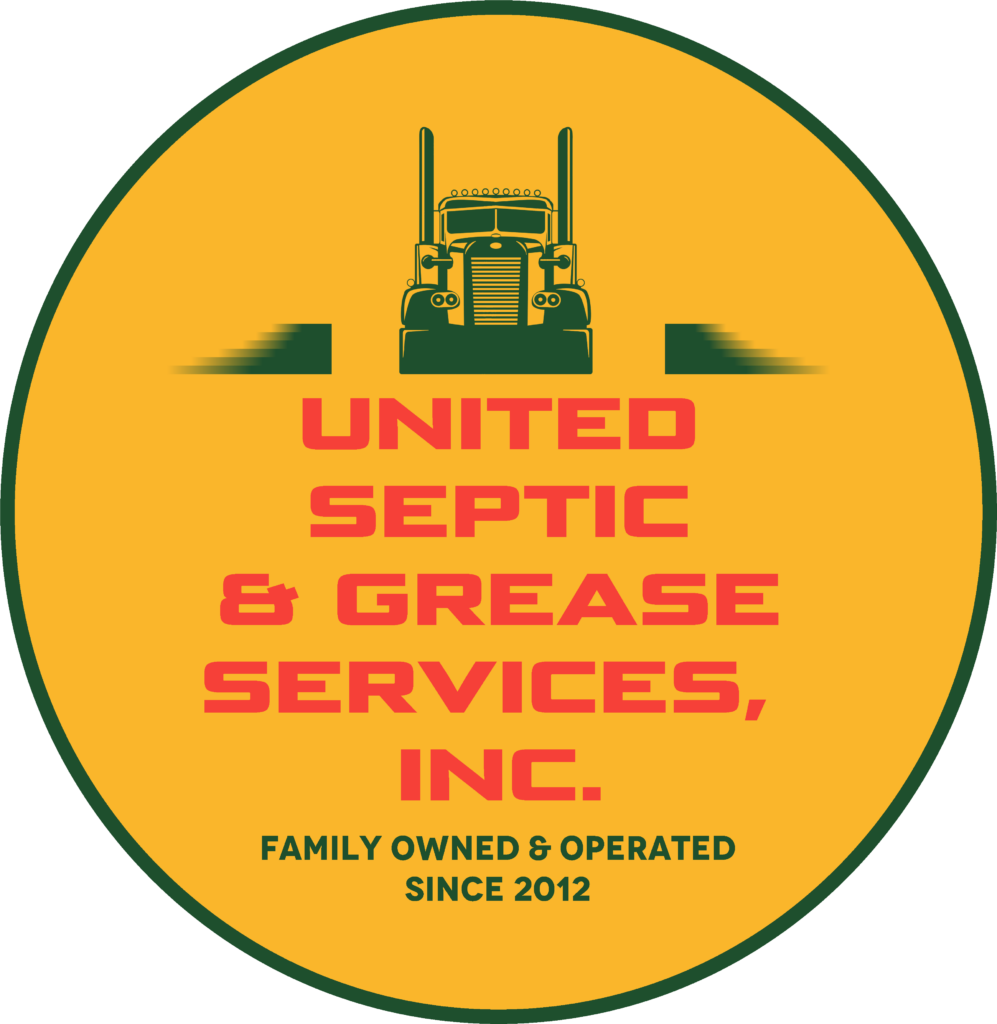Understanding Septic Tanks in Miami: The Overview
Understanding Septic Tanks in Miami: The Overview
If you are in Miami, you definitely know a good septic system is a must for both homes and businesses, right? Septic tanks play an essential role in handling wastewater, especially where those fancy city sewage systems just don’t cut it. There’s a bunch to learn about keeping those septic tanks in Miami working like a charm—from the nitty-gritty of system components to figuring out those local regulations.
Don’t worry, though! This guide’s got your back with all the info you’ll need, like handy maintenance tips and how to stay on the right side of local laws to keep your system running smoothly. Let’s dive in!

1. How Do They Work?
So, let’s break it down—septic tanks in Miami are these underground setups that deal with your household wastewater using a mix of natural processes and some nifty tech. They gather up the waste, give it a bit of a cleanse, and then send it out to a drain field, letting it seep into the ground safely.
Now, if you’re living in Miami, you should know your system components since septic systems are a pretty common deal around here.
The main elements in your septic tank setup are the tank itself, along with the inlet and outlet pipes, and, of course, the drain field. All wastewater from your home flows into the tank, where the solid stuff settles at the bottom to create sludge, while oils and grease set at the top.
Inside the tank, the growing bacteria breaks down those solids, and the “cleaned-up” water then gets released into the drain field, where it gets filtered even more. Understanding these is key for keeping things running smoothly and tackling any unexpected issues.
2. Components of Septic Tanks in Miami
So, if you’ve got septic tanks in Miami, you gotta know a bit about the key system components to keep everything flowing smoothly.
The Septic Tank
It’s basically a big ol’ watertight container where all the waste hangs out for that first round of treatment.
Inlet Pipe
Which is basically the highway for all that wastewater coming from your home, steering it right into the septic tank.
Outlet Pipe
Once the tank does its thing and gives that wastewater a partial treatment, this pipe sends it out to the drain field.


Drain Field (Leach Field)
This is where treated wastewater seeps into the soil, letting Mother Nature work her wonders.
Every single component of your septic tank system needs regular check-ups to keep things flowing smoothly and to dodge any nasty blockages or leaks, especially in those inlet or outlet pipes. And hey, when you’re dealing with Septic Tanks in Miami, don’t forget to keep an eye on local regulations too!
3. Maintenance Tips
If you wanna keep your septic tanks in Miami running smooth like butter, it’s not just about pumping them regularly. You gotta make sure every part of the system’s doing its thing, you know? With Miami’s crazy humidity and those big ol’ rainstorms, things can get a little funky with how your system operates.
So, you might need to shake up your maintenance routine a bit. Here are some super useful tips to keep your septic tank in awesome shape!
Regular Pumping
It is recommended that people in Miami look to pump their septic tanks every 3 to 5 years. This is key to getting rid of the sludge and scum that builds up over time.
Be Mindful of What You Flush
Seriously, steer clear of tossing non-biodegradable stuff like wipes, feminine products, and strong chemicals down the toilet. They mess with the good bacteria in your tank and can really clog things up.
Water Conservation
Going overboard with water can totally overload your septic system. Think about swapping out your fixtures for low-flow ones to help keep the water flow in check.
Inspections
Keeping up with regular inspections of your system components, like the tank and drain field, is key to spotting problems before they turn into a big headache.
Standing water can mess with how wastewater filters through, which could lead to some nasty overflows.

4. Local Regulations for Septic Tanks in Miami
The city and Miami-Dade County have some pretty tight regulations aimed at keeping the environment safe and the public healthy. Seriously, being clued in on this stuff can save you from nasty fines and help keep your system running legit and hassle-free!
Here are some key points to remember about Miami’s local regulations for septic systems:
Permits and Inspections
You need to fulfill them before installing or tweaking a septic system. Plus, don’t forget that your system’s gotta be inspected every now and then to make sure it’s up to code and running smoothly.
Drain Field Placement
Based on local regulations, you will know where to plop down your drain field. It needs to be a safe distance from water sources like wells and lakes to keep everything clean and contamination-free.
Disposal
Just a heads up: septic tanks in Miami aren’t designed to handle chemicals or hazardous waste. If you’ve got any chemicals or solvents, you MUST dispose of them the right way—it’s not just a suggestion or advice; it’s the law. Safe yourself the trouble.
It’s super important to hire a pro or check out Miami-Dade County’s guidelines to make sure your septic system’s all good with the regulations. If you ignore local rules, you might end up facing fines or worse.
5. Clogging Signals
Even if you’re doing a solid job keeping up with your septic tanks in Miami, they can still hit some bumps in the road as time rolls on. Spotting those early warning signs? Total lifesaver—it can help you avoid some major headaches and those crazy repair costs! Check out these key signs that your septic system might be in dire need of some TLC:
Slow Drains or Backups
If you see that water is draining slower than usual or if you’ve got backups (sinks, toilets, or showers) that’s a red flag—it could mean your septic tank is full or there’s a blockage somewhere in the line.
Foul Odors
If you notice nasty smells around your septic tank or drain field, it might be time to book a septic inspection.
Pooling Water
Pooling water near your rain field, especially after a heavy rain, might be a sign that your septic system just can’t keep up with the current load.
Lush, Green Grass Over the Drain Field
It could mean there’s a leak, with excess nutrients from the wastewater doing a number on the soil like some kinda fertilizer.
If you spot any of these red flags call up a professional septic service provider right away. Getting on top of this early can save you a heap of trouble and some serious cash down the road.
Conclusion
Septic tanks in Miami are pretty important for handling household wastewater, especially where you can’t tap into public sewer systems. Keeping your system in check means knowing how the system components work and sticking to those local regulations. A bit of regular pumping, some inspections, plus being mindful about water use can seriously stretch the lifespan of your septic setup.
Grasping these basics can save you from some costly repair bills and help the environment too. Just stay in the loop with local regulations, and don’t be shy about reaching out to the professionals. With the right mindset, you can make sure your septic tank in Miami keeps running smoothly for years ahead!
If you need help with Septic Tank Services, our dedicated specialists at United Septic and Grease are here to assist you.
IF YOU ARE LOOKING FOR MIAMI-DADE AND BROWARD COUNTY COMMERCIAL SEPTIC SERVICES
THEN PLEASE CALL 305-878-1885 / 954-778-0477 OR COMPLETE OUR ONLINE REQUEST FORM

Autor / Editor : Jonathan Moreno
Jonathan Moreno is a South Florida Digital Marketing expert with over 12 years of experience with passion for creating hight value content to educate and bring value to visitors.
Related Posts
Most Common Septic System Emergencies
United Septic and Grease: This post will discuss the most frequent septic system emergencies, the...
Read MoreExpert Tips for Choosing the Best Grease Trap Cleaning Service
If you own a restaurant, professional grease trap cleaning services will make your kitchen work...
Read MoreDIY vs. Professional Septic Clean Outs
United Septic and Grease: Frequent septic clean out guarantees that your system runs efficiently and...
Read More